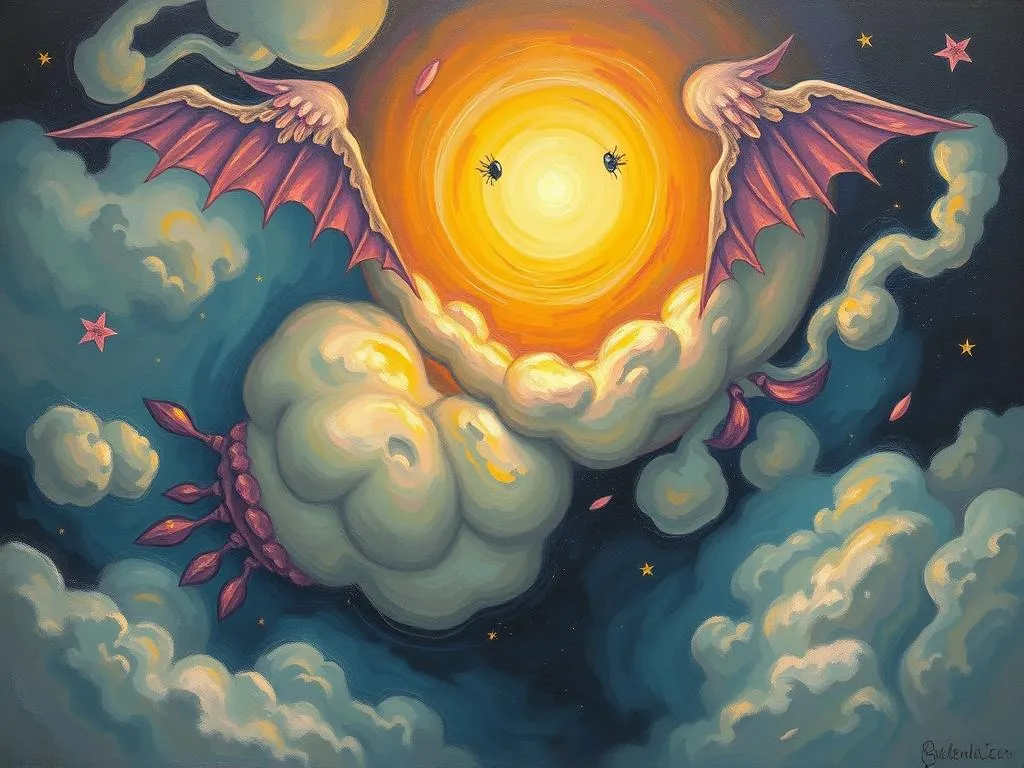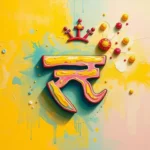
Have you ever woken from a dream where death was a central theme, your heart racing and your mind struggling to piece together what it all meant? Dreams of death can be unsettling, often leaving us with a sense of dread or confusion. Yet, these dreams can hold profound meanings that transcend mere fear. They often signify transformation, change, and the shedding of old layers of our lives. So, let’s embark on a journey to unravel the symbolism behind these dreams, explore their psychological implications, and discover how they can lead to personal growth.
In many cultures, dreams of death have been viewed as harbingers of change. While they may seem ominous, they can also herald new beginnings. Understanding the multifaceted interpretations of these dreams can be a powerful tool in navigating life’s transitions and discovering deeper truths about ourselves. So, let’s dive into the rich tapestry of symbolism, personal experiences, and the potential for growth that death dreams offer.
The Final Curtain: Unraveling Death’s Symbolism
When we dream of death, it’s essential to understand that death in dreams does not always signify a literal end. Instead, it often represents transformation or the closing of a chapter in our lives. The symbolism of death is deeply rooted in various cultural beliefs and psychological theories. For example, in many indigenous cultures, death is viewed as a transition, a passage to another realm rather than an end. Similarly, from a psychological perspective, Carl Jung suggested that death in dreams symbolizes the death of the ego or the old self, paving the way for new growth and self-discovery.
In this context, the process of dying can symbolize the release of old habits, beliefs, or relationships that no longer serve us. It is an invitation to reflect on what aspects of our lives may need to be let go. This aspect of death dreams can be powerful; they encourage us to confront our fears surrounding change, loss, and even renewal.
Furthermore, the imagery associated with death—such as funerals, graveyards, or even the presence of deceased loved ones—can evoke strong emotional responses. These symbols may reflect our feelings about mortality, not just in ourselves but in our relationships with others. Consider how you feel about the people in your life and your connections to them. Are you nurturing those relationships, or do they feel stagnant? Dreams of death can serve as a wake-up call to tend to the bonds that matter most.
The Veil Between Worlds: Personal Experiences of Death Dreams
Dreams of death are as varied as the individuals who experience them. Here are a few scenarios that might resonate with you, illustrating the diverse meanings behind these unsettling dreams:
-
Dreaming of Your Own Death: If you find yourself dreaming of your own demise, don’t panic. This often symbolizes a significant transformation in your life. Perhaps you are entering a new phase, shedding old habits, or embarking on a new career path. Ask yourself what aspects of your life are changing and how you can embrace this transformation.
-
Witnessing the Death of a Loved One: If you dream about the death of someone close to you, it might reflect your fears of losing them or your feelings of helplessness in the face of their struggles. Alternatively, it could indicate a shift in the nature of your relationship with that person. Consider how you can strengthen your bond or express your feelings to them before it’s too late.
-
Attending a Funeral: Dreams of attending a funeral can evoke feelings of sadness and reflection. This dream might symbolize the need to grieve aspects of your life that are ending, whether it’s a job, a relationship, or a particular phase of your life. Take time to acknowledge what you are letting go of and give yourself space to mourn.
-
Being Resurrected: If you dream of dying and then coming back to life, this can be a powerful symbol of rebirth. It often signifies that you are emerging from a challenging period, ready to embrace a new beginning. Consider what lessons you’ve learned from your past experiences and how you can apply them moving forward.
-
Nightmares of Death: If your dreams are filled with violent imagery or feelings of fear related to death, it may indicate underlying anxieties or unresolved issues in your waking life. These dreams can serve as a signal that it’s time to confront these fears and seek support or guidance. Reflect on what is causing you distress and consider reaching out to someone who can help.
The Dawn of Renewal: Embracing Personal Growth Through Death Dreams
Having dreams about death can be unnerving, but they also present an opportunity for profound personal growth. Instead of shying away from these dreams, embrace them as a part of your journey. Here are some practical insights on how to turn these dreams into tools for self-improvement:
-
Reflect on Your Feelings: When you wake from a death dream, take a moment to journal your feelings. What emotions did the dream evoke? Were you scared, relieved, or contemplative? Writing down your thoughts can help you process the experience and identify any underlying issues that may need addressing.
-
Identify Areas for Change: Use your dream as a catalyst for self-exploration. Are there aspects of your life that feel stagnant or unfulfilling? Consider what needs to change and how you can take actionable steps towards that transformation. This might involve setting new goals, reevaluating relationships, or changing your daily routine.
-
Embrace the Cycle of Life: Understanding that death is a natural part of life can help alleviate fears associated with death dreams. Recognize that every ending is also a beginning, and each transition can lead to new opportunities for growth. Cultivate a mindset that welcomes change rather than fearing it.
-
Connect with Your Spiritual Side: Many people find comfort in exploring their spirituality when faced with dreams of death. Engage in practices that resonate with you, whether it’s meditation, prayer, or spending time in nature. Connecting with your spiritual self can offer insights and provide a sense of peace during times of transition.
-
Seek Support: If you find that death dreams are causing you significant distress, consider speaking to a therapist or counselor. They can help you navigate your feelings and provide tools for coping with anxiety related to change or loss. Remember, seeking help is a sign of strength, not weakness.
As you reflect on your dreams of death, remember to approach them with curiosity rather than fear. These dreams can illuminate the paths we need to take to embrace the life we truly desire. By examining the symbolism, reflecting on personal experiences, and taking actionable steps towards growth, we can transform our nightmares into guiding lights.
In the grand tapestry of life, dreams of death remind us of the impermanence of existence and the beauty of transformation. With every ending comes a new beginning, and every dream serves as an opportunity to learn more about ourselves. So, the next time you find yourself on the edge of sleep, embrace the journey, and let your dreams guide you toward your next chapter.







